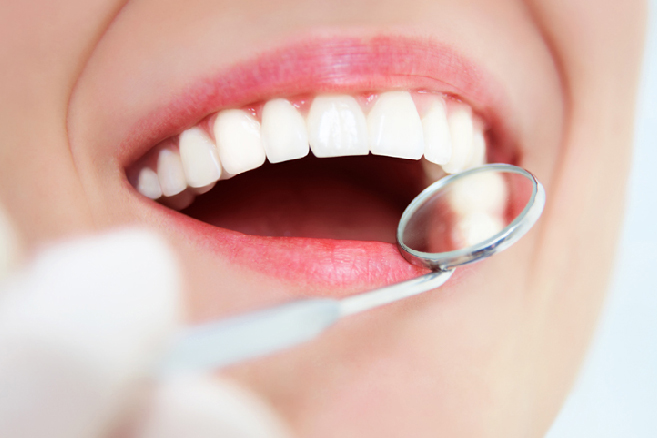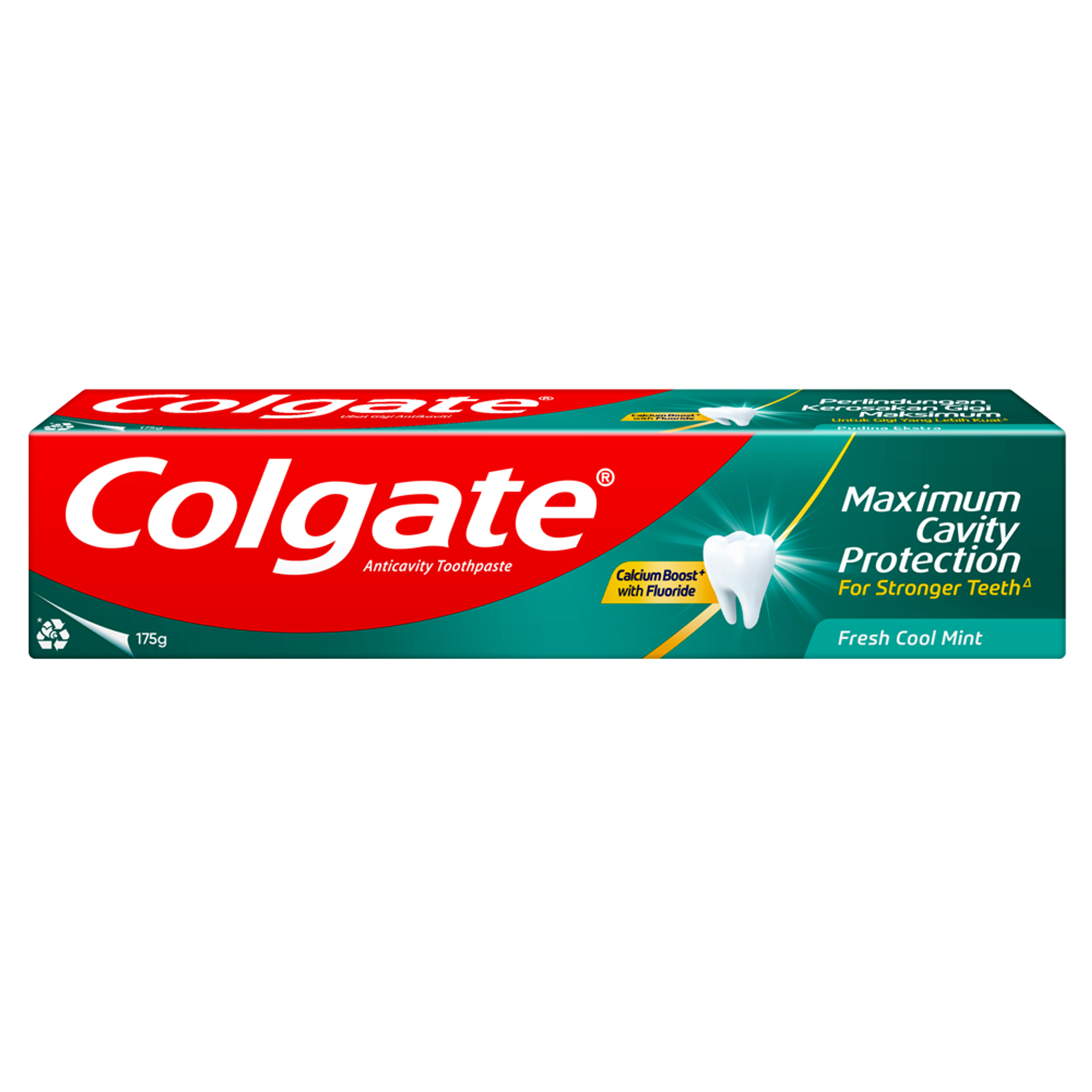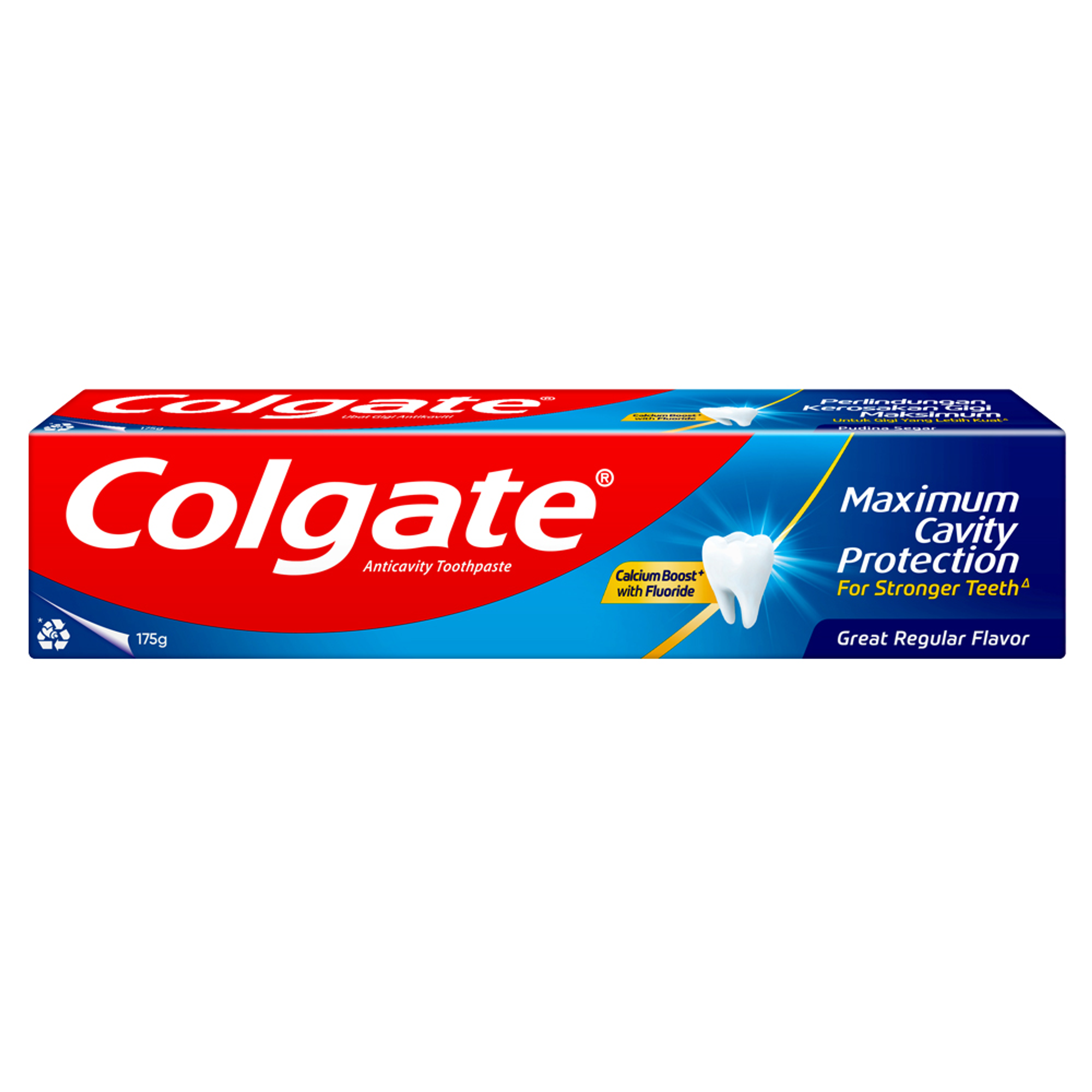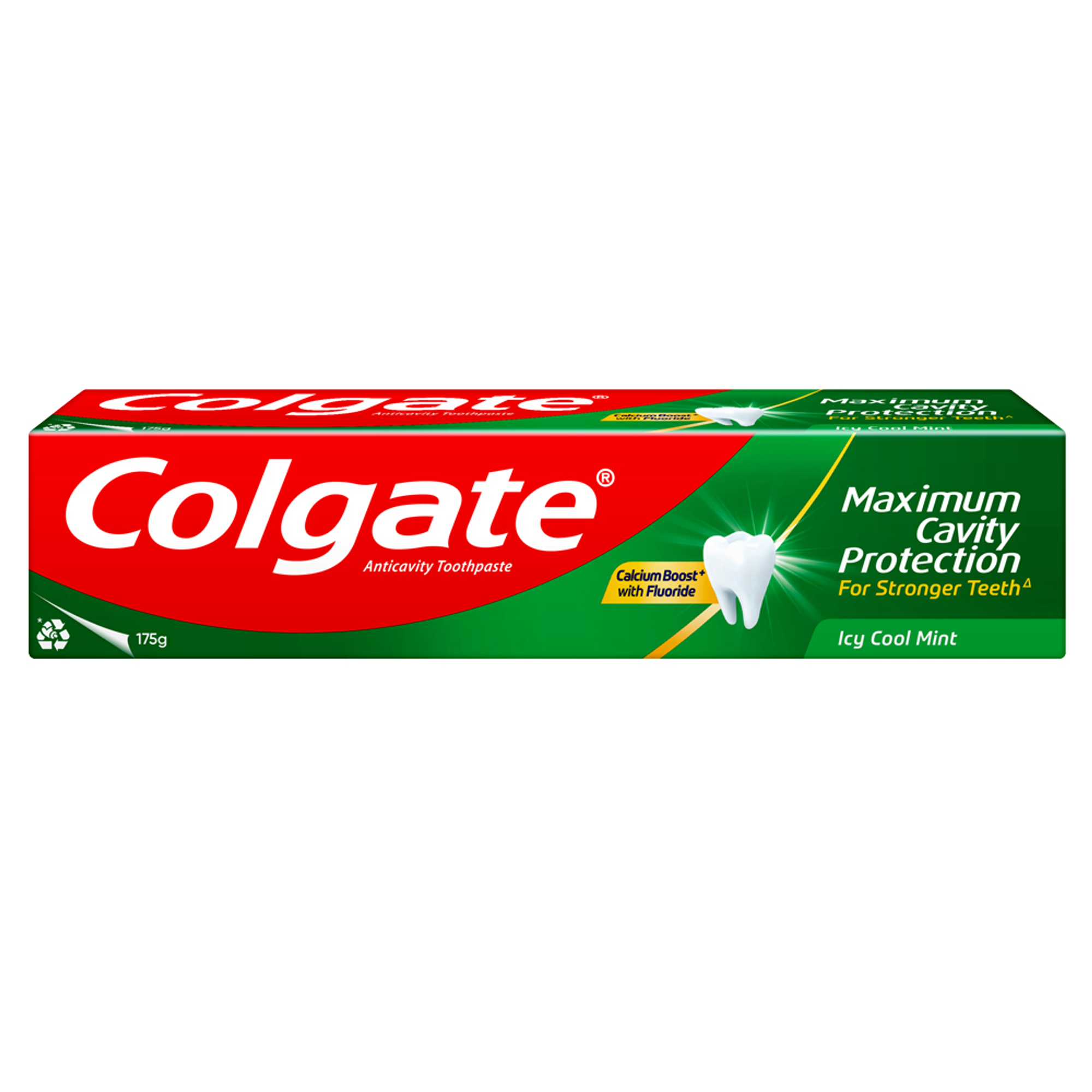-
-

FLUORIDE
Discover how stannous fluoride toothpaste prevents cavities and other oral health issues. Learn the key benefits of fluoride for teeth and its best uses.Fluoride plays a vital role in oral healthcare...

TEETH WHITENING
Teeth Whitening Serum for a Brighter, Confident SmileWho does not want whiter and brighter teeth? Thanks to the many teeth-whitening products available today...
-
Science & Innovation
- ORAL HEALTH ASSESSMENT
- Colgate® | Toothpaste, Toothbrushes & Oral Care Resources
- Oral Health
- Cavities - Prevention and Professional Treatment


Have you heard that it's possible to heal a cavity in two days? You'll come across claims like "get rid of cavities in two days" online; however, don't get your hopes up. These claims aren't true. While healing cavities at home would certainly be convenient, it's just not possible. Cavities can only be treated by a dental professional.
How Cavities Form
A sticky bacterial film known as plaque is always forming on your teeth. These bacteria digest sugar from the foods and drinks you consume and produce acids. The acids slowly break down the tooth enamel (the outermost layer of the tooth), and over time, decay can form in the enamel. The holes in the enamel are called cavities.
Can You Get Rid of Cavities in Two Days?
Your tooth is throbbing and you suspect a cavity is the culprit of your pain. Decades of dental research have since proven that it's not possible to heal a cavity naturally. Why not?
The reason why you can't get rid of a cavity in two days by yourself is that tooth enamel cannot repair itself. The American Dental Association notes that since enamel contains no living cells, it can't repair decay or wear by itself. So, even if you try your best to clean the decay out of the tooth, this area needs to be treated by a dentist. Once the cavities goes through the enamel, decay may travel further into the tooth structure and proceed into the dentine and in severe cases, into the tooth pulp.
Many parts of the body can heal on their own. For instance, a paper cut will eventually repair itself. Unfortunately, that's not the case when it comes to tooth enamel. If you have a cavity, there's only one way to get rid of it in two days: seeing your dentist right away. To repair cavities, dentists perform a simple filling procedure. First, the dentist removes the decayed portion of the tooth. Then, they clean the area and place a filling material where the cavity was in the tooth.
Risks of Untreated Cavities
Since cavities can't heal on their own, they'll continue to get worse until they're treated by a dental professional. As the decay gets worse, you may experience a toothache, increased pain or even sensitivity, so for your own comfort, see your dentist as soon as possible.
Putting off dental treatment can also come with health risks. A serious infection called a tooth abscess can form if bacteria reach the pulp of the tooth. A tooth abscess can be painful enough to keep you up at night and cause facial swelling, pain and a fever. A tooth abscess needs to be taken care of immediately,since the infection can spread to the jawbone or elsewhere in the body.
Untreated cavities can also be hard on your wallet. When cavities are treated early, a filling may be all that's needed to repair them. If treatment is postponed and the cavity gets larger, more costly treatments like root canals, placement of a crown on the tooth or even extractions may be required.
How to Prevent Cavities
Since cavity-causing bacteria feed on sugar, watching what you eat is one way to help prevent cavities. Try to cut back on sugary drinks and snacks, like soft drinks and candy. Instead, stick to water and healthy snacks like vegetables.
Establishing a good oral hygiene routine is the best way to reduce your risk of developing cavities. Remember to brush your teeth twice a day with a fluoride toothpaste and floss once a day.
Finally, see your dentist regularly for check-ups. At these visits, your teeth will be thoroughly cleaned to remove plaque and tartar, and polished to remove any outside stains. If any cavities are discovered, they can be treated before they become more severe.
While cavities can't be healed at home, they can be treated by a dental professional. If you think you might have a cavity, please make an appointment to see your dentist right away.
Related Articles

The longer that you put off tooth decay treatment, the more involved, expensive and painful that treatment could become.


Related Products

Helping dental professionals
More professionals across the world trust Colgate. Find resources, products, and information to give your patients a healthier future







